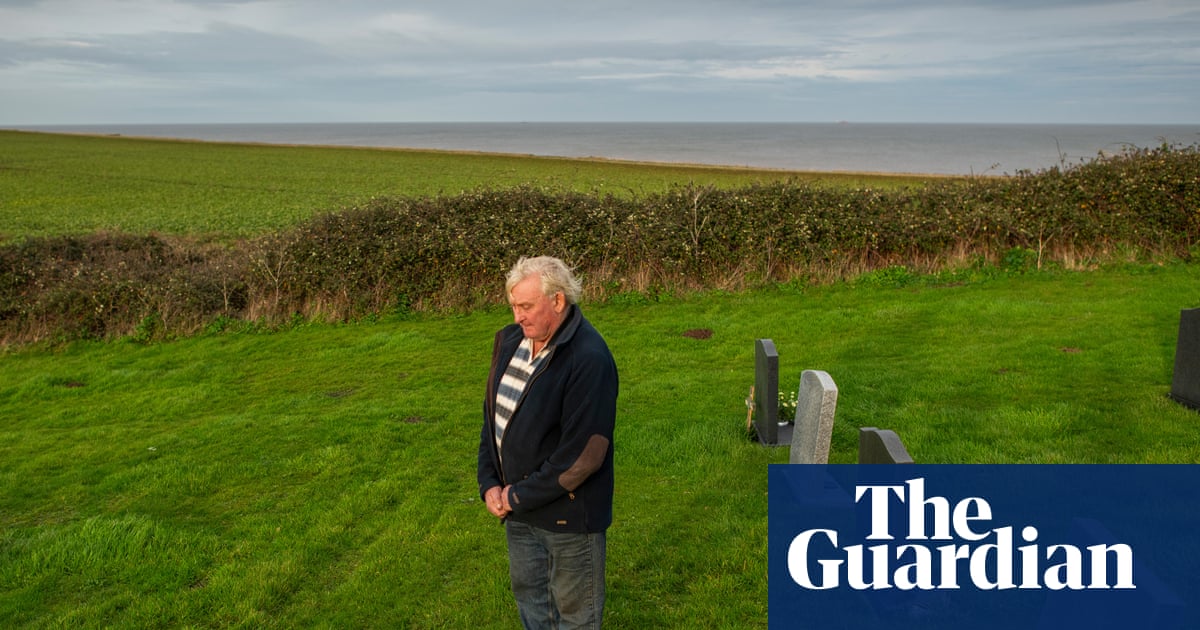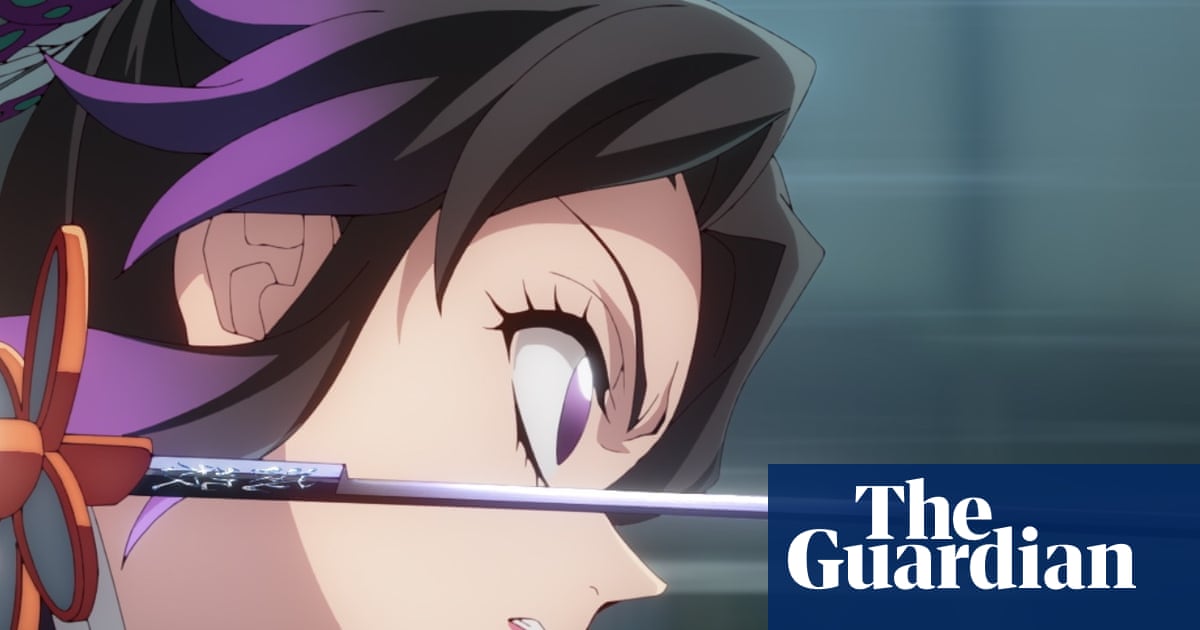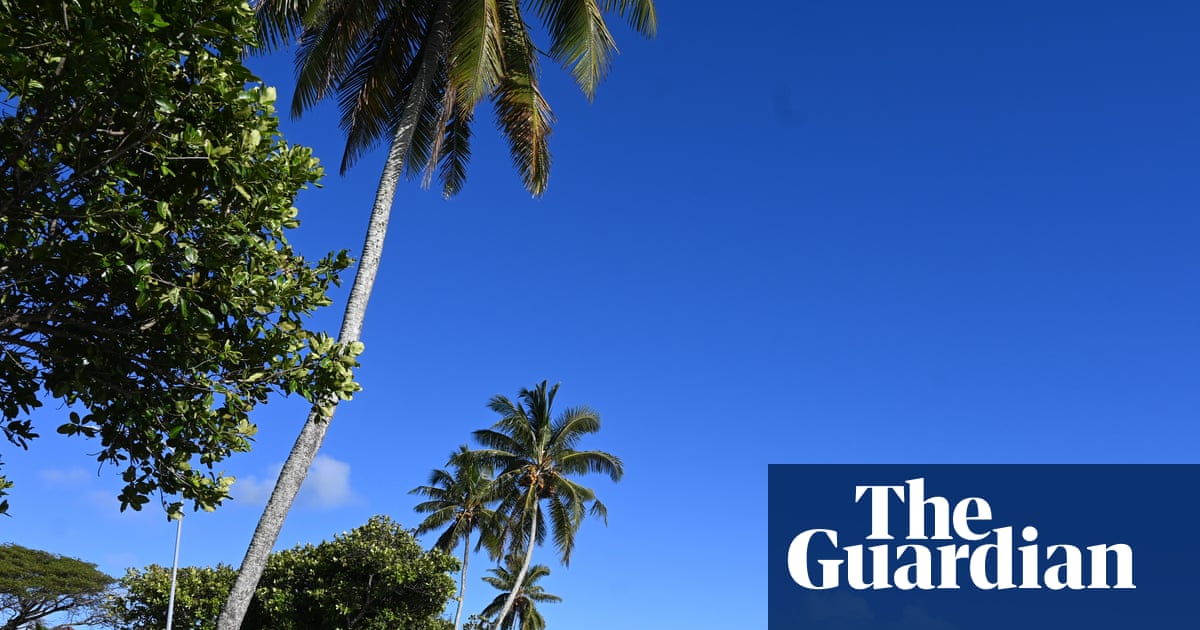Pro-Palestine Action activists have threatened to go on hunger strike on the anniversary of the Balfour declaration in protest against being held in prison while awaiting trial.
Prisoners for Palestine have said an undisclosed number of inmates will begin an open-ended hunger strike on 2 November if their demands are not met.
A letter detailing their demands, which include immediate bail, lifting the ban on Palestine Action and an end to censorship of their communications, was handed in at the Home Office on Monday by two previously imprisoned activists, Francesca Nadin and Audrey Corno.
They said: “The government must make the correct decision and give the prisoners the basic legal rights that they have been denied. The government has left the prisoners with no other option but to hunger strike for their freedom and justice.
“The prisoners are firm in the knowledge that they have massive support both here and internationally, and that the people will come together to take action in their name. This is a direct result of not only the government’s appalling actions towards the prisoners, but also their active participation in the genocide in Gaza.”
The letter says other prisoners may join the hunger strike if the demands are not met.
The prisoners do not wish to be named but they are among 24 accused in relation to an action at Elbit Systems in Filton near Bristol last year, as well as the so-called Brize Norton 5.
The Filton 24 are scheduled to be tried on charges of aggravated burglary, criminal damage and violent disorder in April next year. The Crown Prosecution Service said there was a “terrorism connection”, but no charges have been brought under the Terrorism Act.
Those on remand in relation to the damage of two Voyager aircraft at RAF Brize Norton in Oxfordshire on 20 June during a protest are charged with conspiracy to commit criminal damage and conspiracy to enter a prohibited place knowingly for a purpose prejudicial to the safety or interests of the UK. They are not scheduled to stand trial until January 2027.
Both incidents were claimed by Palestine Action. Shortly after the Brize Norton incident, it became the first direct action protest group to be proscribed under the Terrorism Act, although it later emerged that intelligence officials had first recommended it be banned in March.
Prisoners held for alleged offences relating to Palestine Action activities say they have faced a crackdown since the group was proscribed despite the charges they face relating to activities that predate the ban.
The court of appeal ruled on Friday that a legal challenge to the proscription of Palestine Action brought by its co-founder Huda Ammori could go ahead next month, rejecting a Home Office attempt to block it.
In response to the judgment, the Home Office said: ““Palestine Action has conducted an escalating campaign. This has involved sustained criminal damage, including to Britain’s national security infrastructure, as well as intimidation, alleged violence and serious injuries.
“Palestine Action remain a proscribed group and those who support them will face the full force of the law. Everyone should remember: supporting Palestine and supporting a proscribed terrorist group are not the same thing.”

 2 months ago
76
2 months ago
76

















































